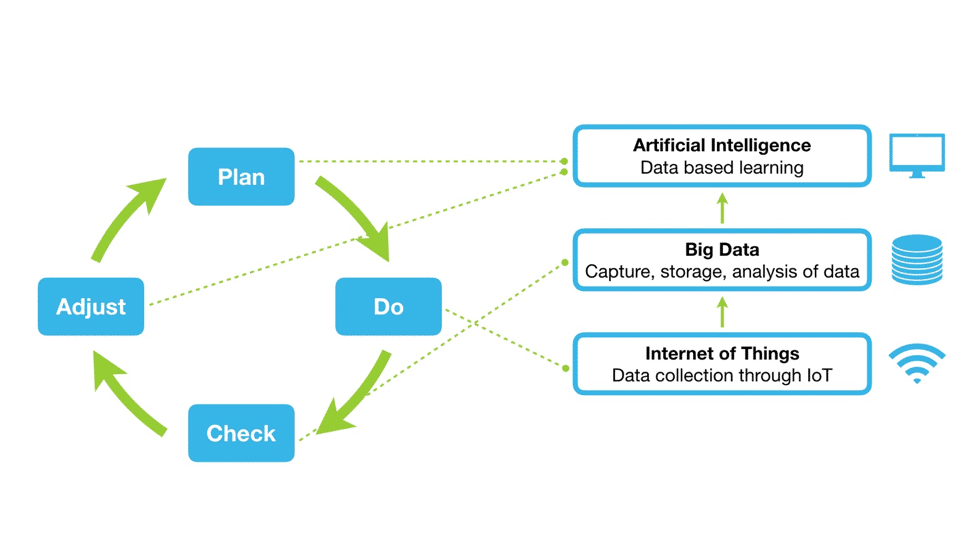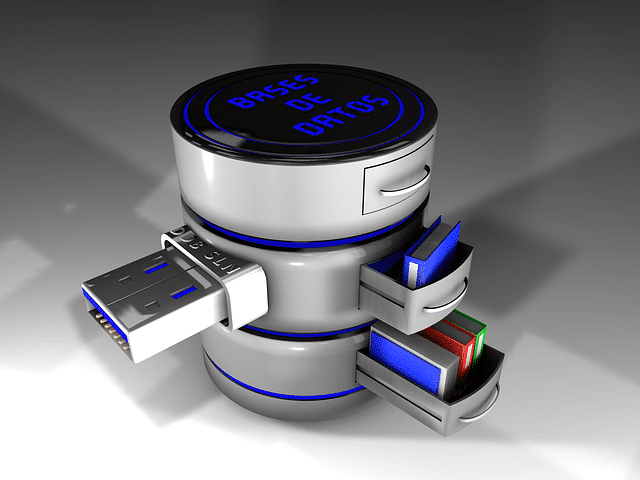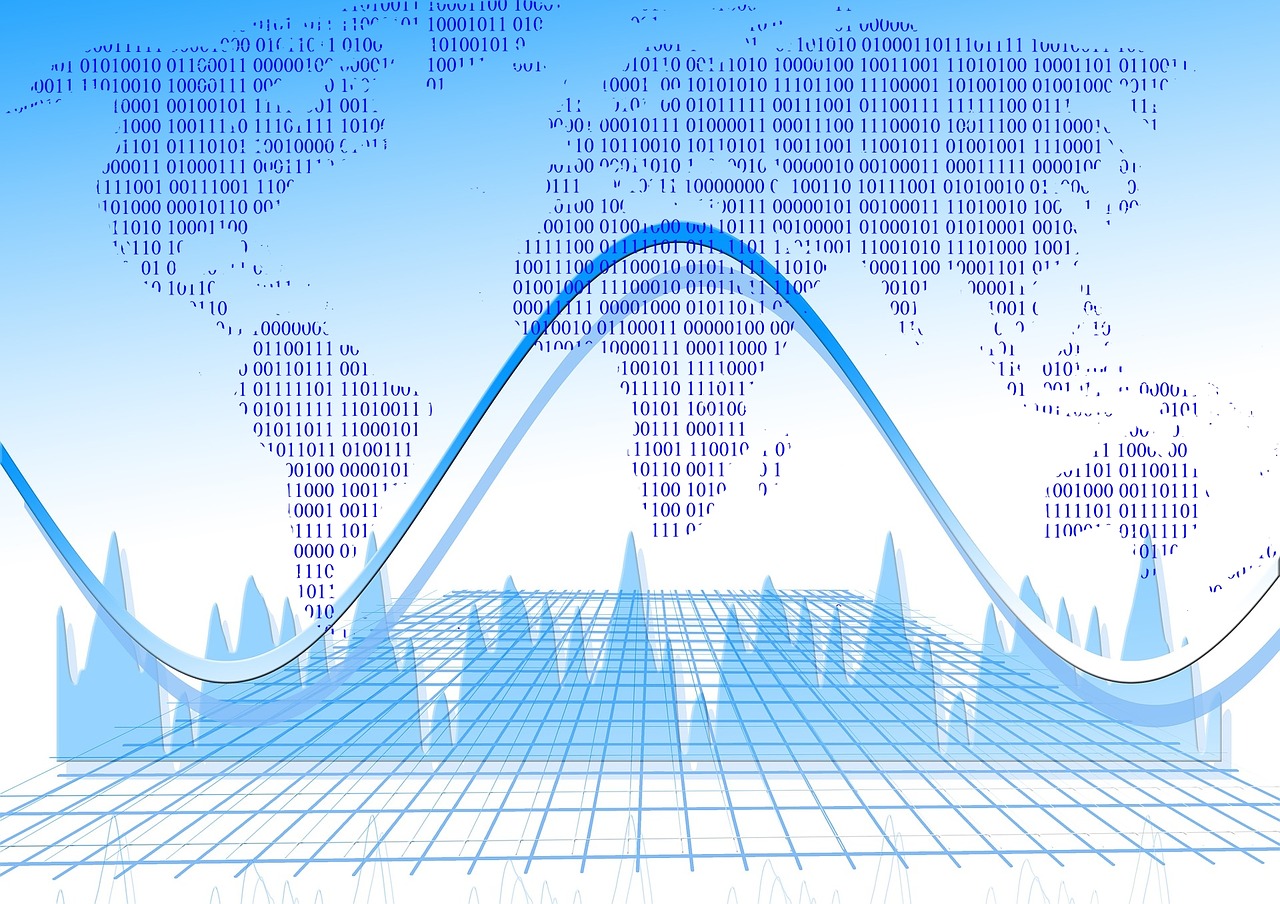Big Data and IoT technologies is a widely discussed topic that is on the agenda of supply chain professionals. This is due to an increase in the number of connected devices to the internet. Actually, the physical devices which are joined to the Internet of Things (IoT) devices share a lot of data making supply chain management easier. It’s the aim of any firm which is dealing with many connected sensors to harness all the data produced as well as learn from the developed patterns and trends.
IoT generates a lot of data in the current world which if well analyzed can prove to be very valuable. Hence, using IoT in the supply chain can help leverage data more efficiently than before. Big data analytics can manage all the large volumes of information generated by IoT devices. The IoT produces data that is collected from many sensors while the big data tools are used for storage and creating insights from the data.
Moreover, there are unique IoT services that help in creating niche opportunities within the supply chain for improving customer value. The data collected from various sensors relevant to monitoring conditions helps an organization to make the best decisions for functional operation. The trends and patterns produced from analyzing a large amount of data are used by various machine learning algorithms, hence helping in making predictive analytics according to data-based learning. Hence, along with customer value, predictive analytics can be achieved using IoT in the supply chain efficiently.
Using big data analytics solves the problems before they happen due to earlier predictions. The combination of IoT with big data analytics helps businesses to move from being reactive to proactive. The prescriptive insights that are obtained by analyzing big data help in decreasing all possible damage and waste risk, hence generating a better operational cost and increasing revenue potential. Thus, IoT helps in making the supply chain more sustainable. IoT along with Big Data play an essential function for all the industrial sectors as well as providing a transformational potential in the supply chain industry.
IoT is rising to restructure the process on which the supply chains rely on for operation. This is because IoT’s power is based on connecting people, data, processes, and systems via devices as well as sensors hence helping to create an interlinked ecosystem which is continuously collecting, measuring and exchanging the real-time data. The supply chains will always benefit from any live data since it provides clarity in each process and transaction in all supply chains.
Moreover, IoT enabled sensors which provide input for the supply chain analyses dashboards help supply chain professionals in having better access to any real-time data. Furthermore, IoT helps to transform outdated supply chains, creating a modern supply chain that is hyperconnected, transparent, innovative and intelligent. The technology is revealing any supply chain inefficiency by removing the blind spots in the logistic process by relying on cargo monitoring for products in transit, hence smoothing the supply chain process. The IoT has enabled easy monitoring and cargo tracking. This offers the capability to all exporters, importers, and shippers to compete on the supply chain market. The technology connects the cargo, intermodal shipping containers, trailers, and vessels, with the company’s IT systems using the cloud-based platform, sensors, mobile network, and GPS. The sensors will capture and then transmit signals or data when providing the geographical location, information on the conditions of cargo, and the environment of goods being transported.
The monitoring allows the client to follow the product up to its destination. Thanks to IoT and Big Data, clients will know whether the product has been tampered with. Therefore, we simply say IoT helps in making the supply chain more sustainable. In general, IoT technology together with big data analytics is transforming and boosting the practices of supply chain management.




